
Latest news headlines: What’s going on with climate change, transgender rights and Trump’s wall?
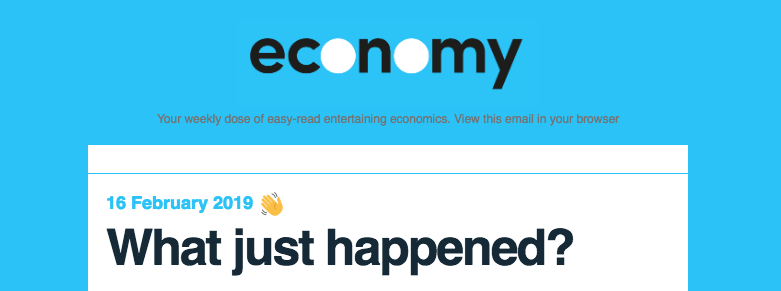
Kids are going on school strikes
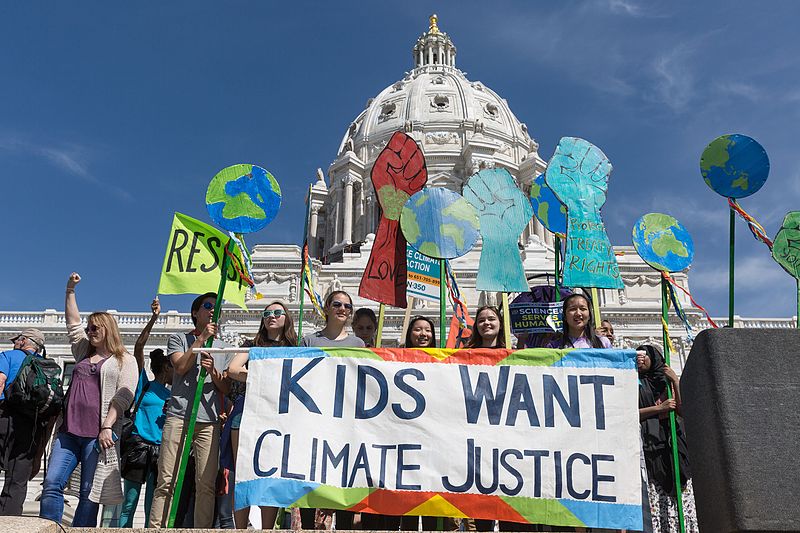
Thousands of UK schoolkids skipped school to protest about grownups not doing enough to stop climate change.
Democracy is supposed to mean that you can stop politicians doing things you dislike by voting them out of office. But when the voting age is 18, kids can't use the ballot box to get their opinions heard. So this week pupils around the UK found a different way to get the government to pay attention them: they walked out of school.The Youth Strike 4 Climate Change wants the government to tell the public more about global warming (and teach it in schools) and lower the voting age to 16.
Of course, we usually hear about strikes in workplaces, when employees refuse en masse to do their job. Because a business can't make any money without employees creating stuff for it to sell, strikes are supposed to make it more expensive for the business to refuse to do whatever the workers are asking for (usually higher wages or better working conditions) than to agree to their terms.
Strikes are seen as a way to empower workers and stop greedy companies from prioritising big profits over staff welfare. But some people think strikes are bad for the economy because they scare entrepreneurs off setting up businesses and hiring staff, or because paying for new staff perks often means raising prices, which hurts consumers (i.e. the people buying the businesses' stuff).
The law says babies can't be motherless. A trans man is fighting to change that.
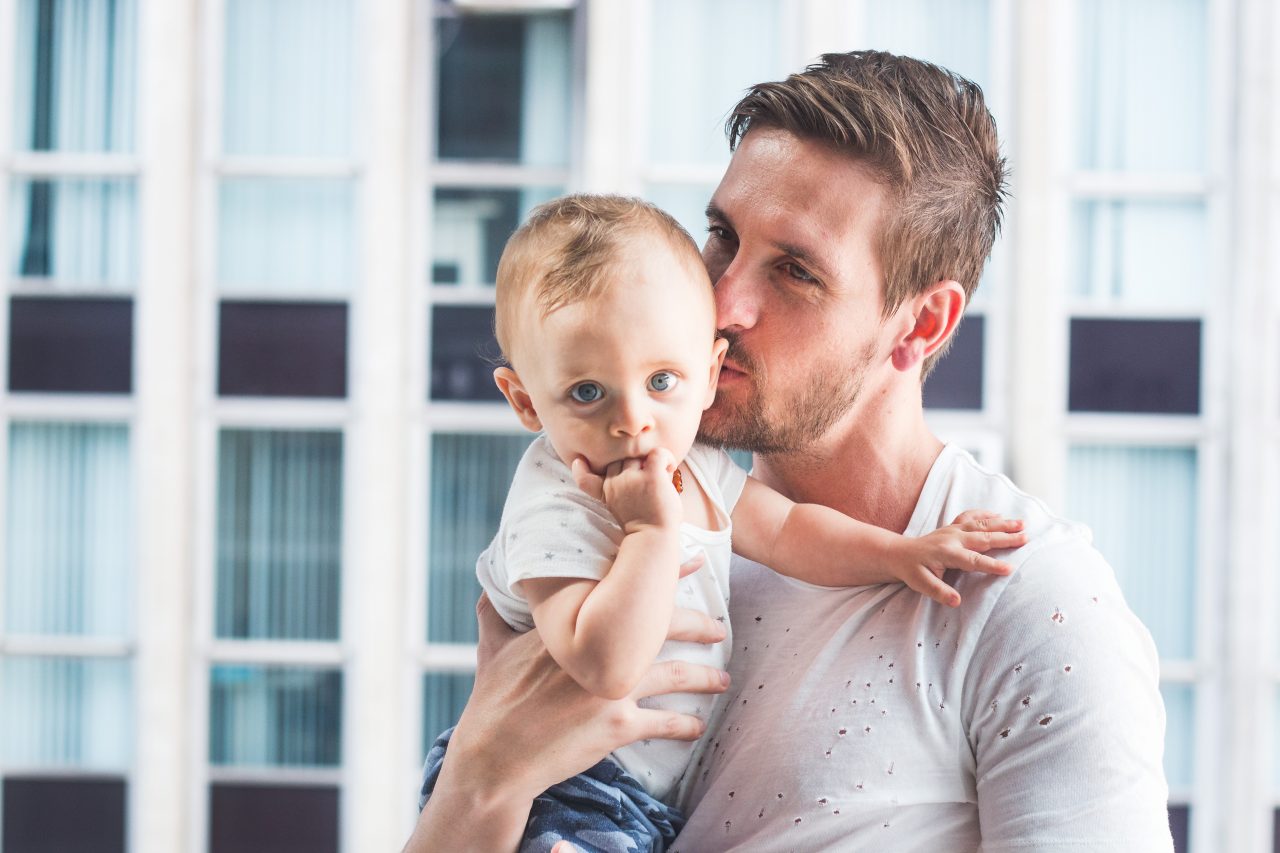
The UK government won't give his baby benefits or a birth certificate unless he states that he's the child's mother.
Who we are, officially, matters. That's cos our societies have a whole bunch of rules about who can and who can't do things. We have to be able to prove stuff like our age and nationality before we can vote, drive, travel abroad, go to school, work, get married and receive benefits. Which is why this court case about a father and his baby not being officially recognized for who they are matters.
The father in question had legally changed his gender from female to male before he gave birth to his baby. But UK law, which was not written with transgender people in mind, says that the person who gives birth has to be designated as the child's mother on their birth certificate. Indeed, a baby cannot get a birth certificate unless a mother is named on it.
The father's court case is trying to get these laws changed. But in the mean time, he and his baby risk being shut out of large parts of the economy. He can't, for example, claim the child benefit payment of £20.70 a week that the UK gives all new parents. Because child benefit can last till the kid is 20 (if they're still in education or training) that means the dad is potentially going to miss out on a pretty hefty £21,528.
Full story: Pink News
Our explainer on: legal institutions.
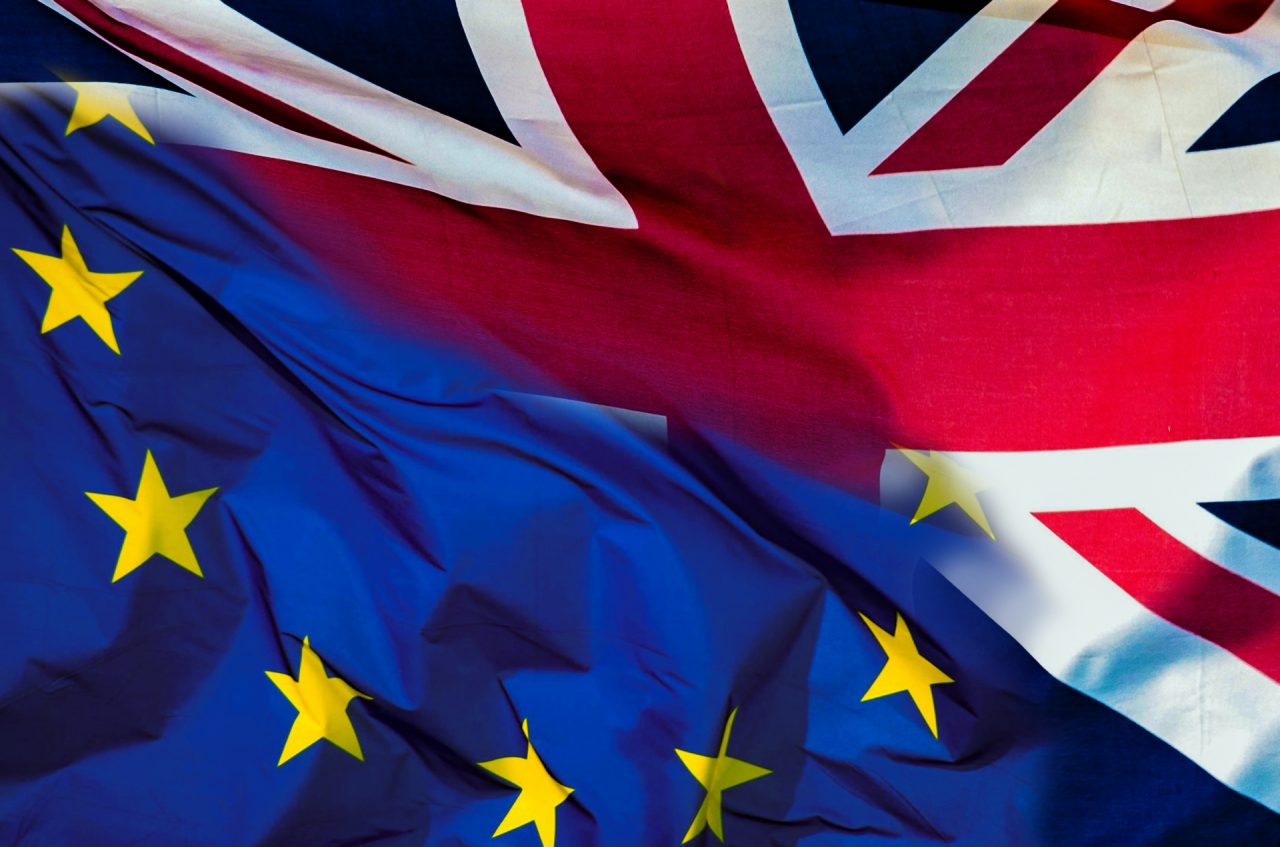
BREXIT BOX
Women, including Boris Johnston's sister, are getting their boobs out for Brexit. Yeah, you read that right.
It all started when Dr Victoria Bateman, an economist who is campaigning against Brexit, gave a TV interview starkers to amplify her point that "Brexit leaves Britain naked". After which BoJo's sis and Brexiteer Rachel Johnson whipped off herblouse on air "to make sure I get noticed."
Could this finally be a Brexit policy all sides can agree on? Britain should have more free movement... for boobs.
President of the US plays his Trump card
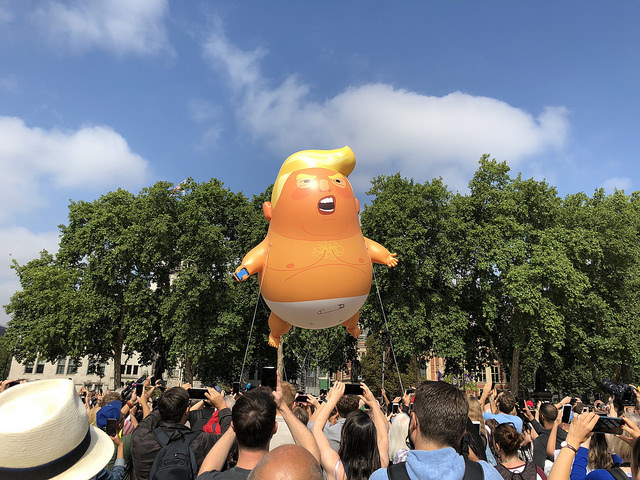
By declaring a "national emergency" Trump can build his US-Mexico wall even though a majority of US politicians voted against it.
Governments have a lot of power over how the economy looks. They give and take money away from people (via benefits and taxes), tell people which rules to follow (via laws and regulations) and pay for important things we all use (schools, defense, roads etc.)
Democracies want to make sure this power is used in a way that most people like. So not only does everybody vote for who should run their country, power is theoretically shared out among lots of people so that one bad person can't spoil everything. In the UK, MPs keep our Prime Minister and her government in check. In the US, Congresspeople are supposed to do the same for the President. But that plan has gone a bit haywire.
Here's what happened. Trump (a Republican) wants to build a big wall along the US border with Mexico to keep illegal immigrants out of the country. He also wants to spend $5 billion of government money build ing it. Congress, which is mostly made up of people from the opposing Democrat party, think that the wall itself is a bad idea and that those billions could be better spent elsewhere. They voted against Trump's plan.
Now Trump has decided to use his presidential powers to basically just ignore them (and, by extension, the American people who voted them into office). So the wall is being built. But few people think this is going to end well.
Read the full story: Financial Times
Or, read our explainer on: government spending.

What is monetary policy?
Monetary policy is how a country controls its money supply. Central banks are typically in charge of monetary policy.
The main way central banks control money supply is buying and selling government debt in the form of short term government bonds (IOUs, basically). All this bond buying and selling affects the interest rate (i.e. how much we pay to borrow money).
Read the full Economy Explains: Monetary Policy
Economy Explores: Love
Dear Economy readers, will you be our valentine?
Each year, Brits spend almost a billion pounds buying roses, romantic meals and other gifts for their nearest and dearest. So this week, we decided to take a look into the economics of luuuurve.
Become infatuated with our Economy Explores: Love
"I'm not worth a million pounds mate. You should have it!"
Getting you talking about the economy is our mission. Here's some hot conversations to have this week. Join our Economy Asks Facebook and share your chat.
- How much would we have to pay you to break up with your partner?
- Can we put a price on things like love?
- Does money ever buy happiness?
 Overheard on the internets...
Overheard on the internets...
...on what living with a family on welfare taught him about economic inequality.
 Just 'cos some of us like numbers...
Just 'cos some of us like numbers...
303...
the number of MPs who told Theresa May her negotiating strategy for Brexit was rubbish via a(nother) Parliamentary vote last Thursday.25 years...
how long most knee and hip replacements now last (which is good, because as the UK population gets older, we're gonna need a lot of 'em).2009...
the year you should have bought a house if you wanted to make lots of money (house prices were unusually low then cos of the 2008 financial crash).4...
the number of children a Hungarian woman needs to have to avoid paying any income tax, according to their government's new policy.


